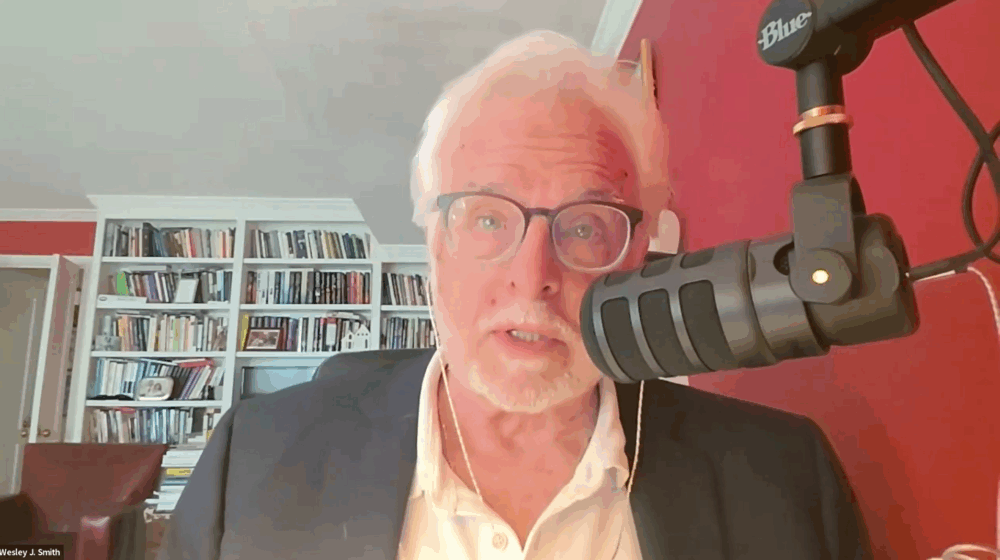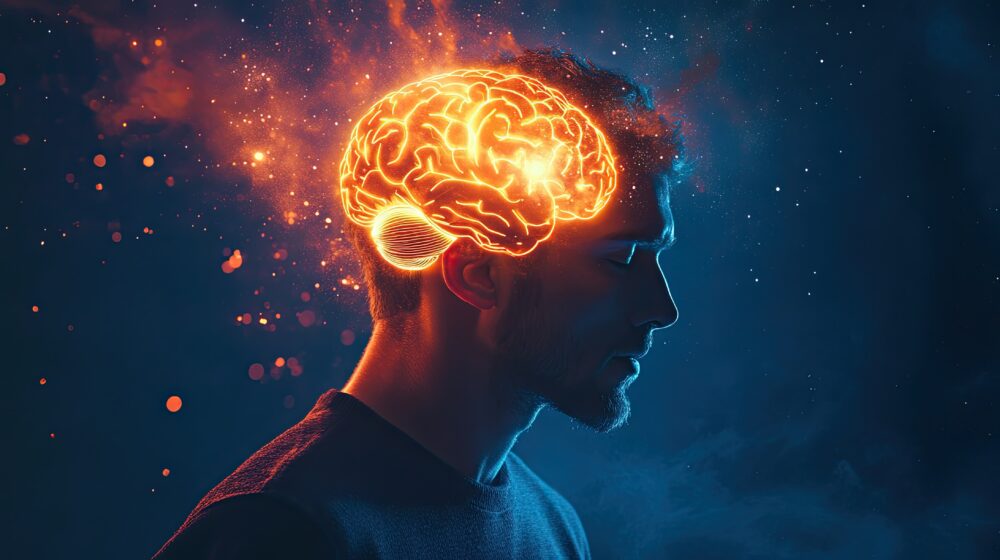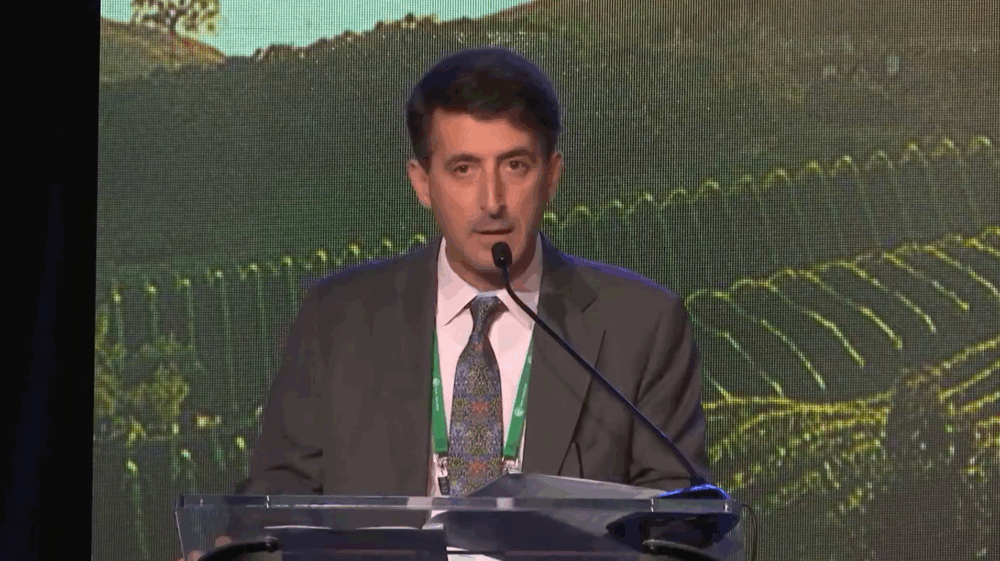
The Latest
The AI Delusion: Companies Spending a Lot on It Are Not Seeing a Big Return
- May 15, 2025
- 5
- Neuroscience & Mind
Eavesdropping in the Platonic Academy
- May 14, 2025
- 10
- Intelligent Design
On Free Trade, Let’s Go All the Way with the U.K.
- May 14, 2025
- 4
- Economics
The Lies in New York’s Assisted Suicide Bill
- May 14, 2025
- 5
- Human Exceptionalism
How Trump Can Simultaneously Strengthen America’s Financials and Its National Security
- May 13, 2025
- 5
- Economics

Video
Seattle Government Ignores Suffering of Chinatown
- May 15, 2025
- Homelessness
The Miracle of Butterfly Metamorphosis (2025 Dallas Conference on Science & Faith)
- May 13, 2025
- Intelligent Design
The Amazing, Intelligently Designed Honeybee (2025 Dallas Conference on Science and Faith)
- May 6, 2025
- Intelligent Design
Evolved or Engineered? A Geneticist Evaluates the Panda’s Thumb
- May 5, 2025
- Intelligent Design
← To stay informed about COSM 2022 and get access to The Great China Debate, sign up here.








